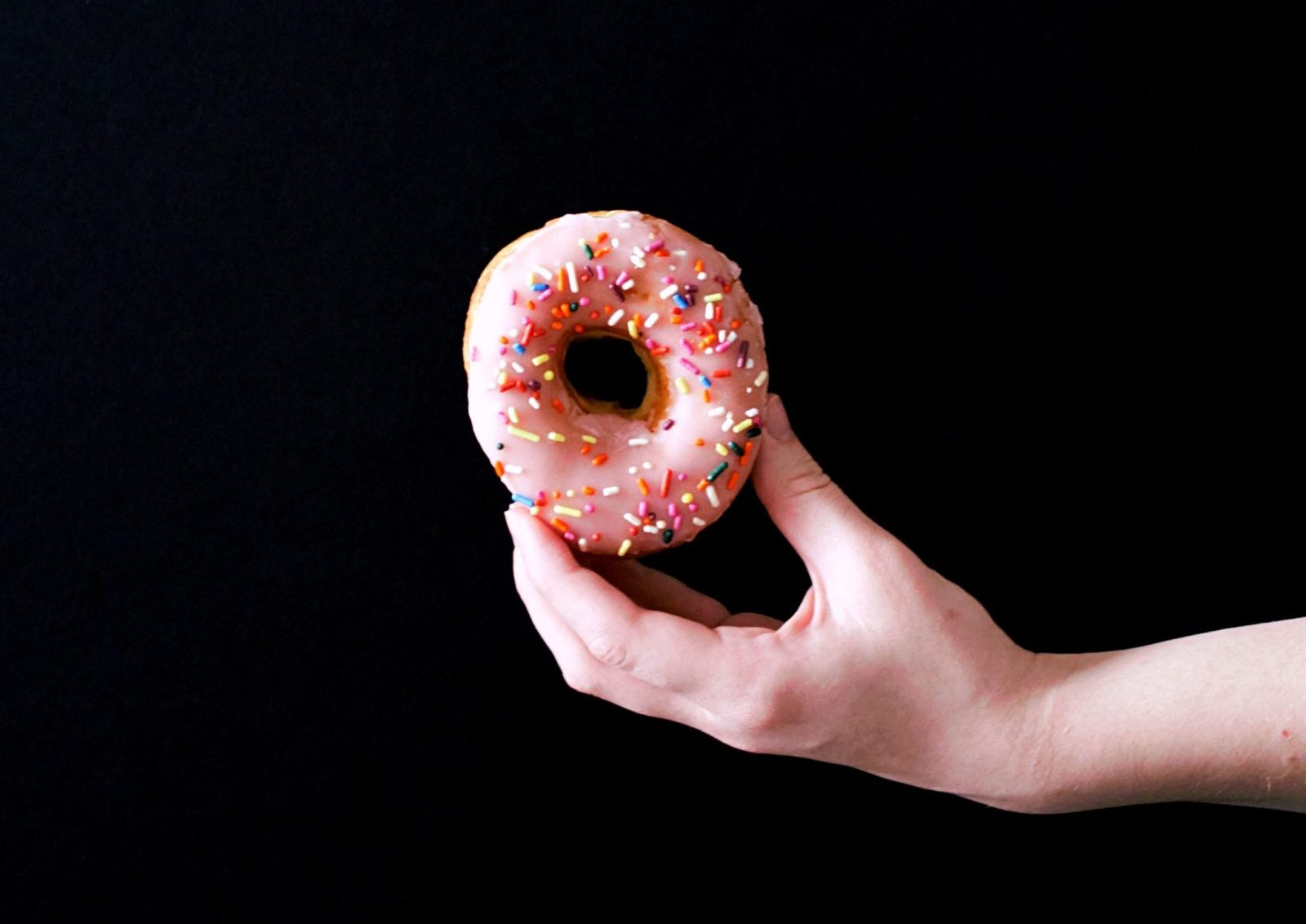This week, February 22 – 28, is NEDA Week. This stands for National Eating Disorder Awareness Week. As you may have seen from my past articles, I think it’s extremely important to spread awareness on teen mental health. I have specifically taken interest in spreading awareness about Eating Disorders. It’s so important to understand the different aspects of eating disorders and all mental illnesses in general. Throughout my next few articles, I will be covering these topics, however, for right now, I am going to focus on NEDA week and its importance.
First of all, eating disorders are found everywhere. Following diet culture is not classified as an eating disorder, however, it becomes one when people turn to want to lose weight to a need to become obsessed with it. It’s not as easy to be found as some people might think. Over 28 million people just in the US have or have had to deal with eating disorders throughout their lifetime. This isn’t just anorexia or bulimia but is found among binge eating disorders, orthorexia, OSFED, ARFID, pica, and more. Every person’s eating disorder is different, and it is best not to compare yourself to others. Frequently, people feel as though people with eating disorders have to be underweight which is NOT the case.
Let’s talk about some of the myths and facts centered around eating disorders.
- Myth: People with eating disorders just have to eat. It’s not that hard.
- Fact: Eating disorders are mental illnesses. It’s not that simple to just eat. It takes lots of treatment and therapy to overcome something like this.
- Myth: People with eating disorders are only underweight.
- Fact: Actually, only 6% of people with eating disorders are classified as underweight. Placing this stereotype on people not only spreads lies among yourself but makes things harder for people dealing with eating disorders thinking that they have to fit some mold.
- Myth: Eating disorders are a choice. Once they decide they don’t want to have one anymore, they will stop it.
- Fact: Nobody, and I mean nobody chooses to have a mental illness. As much as it seems like it’s you that claims to be following what your mind says, as much as it seems like it’s all something that simple, check yourself. It’s way harder than that.
- Myth: Only girls get eating disorders, and it’s only a teenage thing.
- Fact: Actually, no. Males, females, and everyone in between of all ages is just as likely to get an eating disorder than a specific group of people. It isn’t dependent on a certain group.
- Myth: It’s not a big deal. Once somebody is weight restored, they will be fine.
- Fact: This is not true at all. As mentioned before, eating disorders aren’t solely based on weight. Eating disorders are actually a very big deal. It actually has the 2nd highest mortality rate of any mental illness, behind opioid addiction. Several mental illnesses are able to come throughout the recovery process. People frequently develop or get worsening anxiety, depression, or can even form other eating disorders. People are likely to develop eating disorders such as bulimia, anorexia, or binge eating disorder after being treated for a different one. Making sure somebody gets all the care that they need should be a priority.
After interviewing some people going through recovery about NEDA week, this is what they had to say. One person, Cecilia (@ceceliasrecovery) said this: “Personally I think NEDA week has had both a positive and negative impact on me. I think it’s great that the organization is taking a week to spread awareness for eating disorders and discuss important topics in order to educate others. But I think that this week also brings especially triggering opportunities for those with ED’s. So it’s hard to not compare and compete while also trying to spread awareness and educate.” Another person that I interviewed, Maddie (@maddiemrecovery) said this: this is my first NEDA in recovery so it’s a very special week to me. it’s really important to me because NEDA week shines a light on eating disorders and seeing so many people open up about their struggles has been amazing because it reminds me that I’m not alone.”
As I mentioned before, it’s not gonna be easy. Recovery comes with a lot of tears and pain. It’s hard when people have to deal with fighting their inner self back and forth. It’s hard having to wake up every day to face the world around them. It’s hard for them to eat and drink water. And it’s especially hard to appreciate themselves as they are, not needing to change themselves for anybody.
As a personal message to all the people out there that have dealt with eating disorders or who have currently dealt with one, you don’t have to feel ashamed. This isn’t your fault, and this doesn’t mean somebody is going to love you any less. It can be extremely hard to reach out for help, and even if you want to fall down and give up sometimes, that is okay. We will still be here for you at the end of it all, I promise.
Following recovery-focused and body-positive accounts are another way to help with support. Some of the accounts I’ve found helpful are:
@ceceliasrecovery
@maddiemrecovery
@recoveryissspossible
And more!
